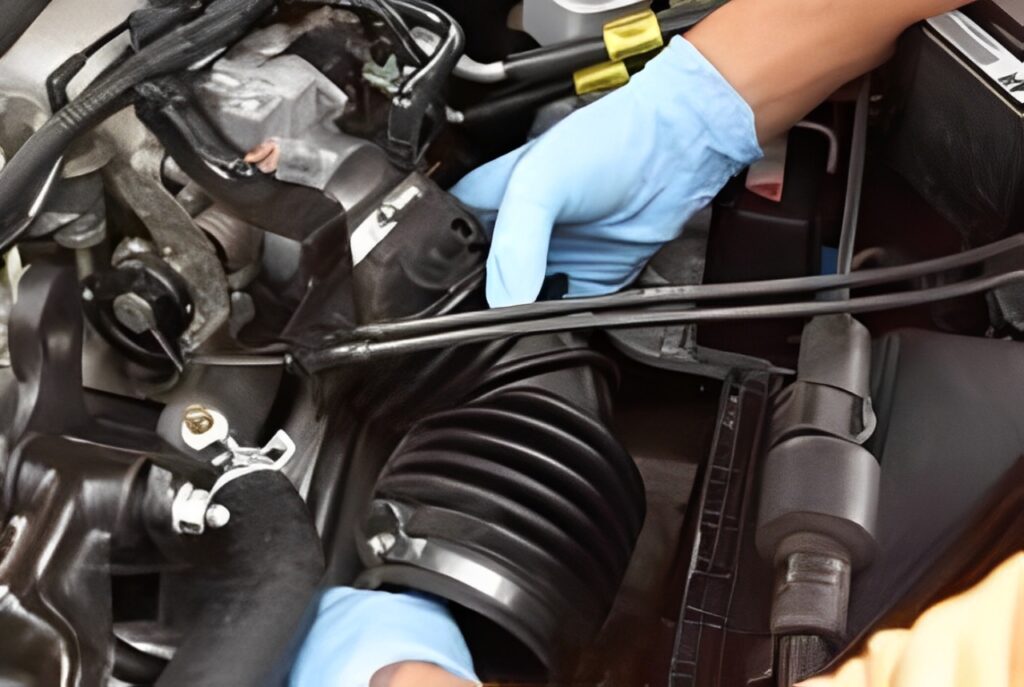Buying a used vehicle can be risky if you don’t have complete information about its history. A VIN check helps uncover hidden issues such as accidents, title problems, and odometer fraud. This article explains why a VIN lookup is essential before making a purchase.
What is a VIN?
A Vehicle Identification Number (VIN) is a unique 17-character code assigned to every vehicle. It acts as a fingerprint, containing important details about the car’s history, specifications, and ownership records.
Why You Need a VIN Check Before Buying a Car
1. Detects Accidents and Damage History
A VIN check reveals if a vehicle has been in accidents, floods, or fires. Buying a car with a history of severe damage can lead to costly repairs and safety issues.
2. Prevents Odometer Fraud
Odometer tampering is a common scam where sellers roll back the mileage to increase the vehicle’s value. A VIN lookup helps verify accurate mileage records.
3. Identifies Title and Ownership Issues
A VIN report provides title history, showing if the car was stolen, salvaged, or involved in legal disputes. Avoid buying a vehicle with title complications.
4. Reveals Recall and Maintenance Records
A VIN search informs you about manufacturer recalls and previous maintenance history, ensuring the vehicle is safe and well-maintained.
5. Confirms Vehicle Specifications
A VIN decoder provides details about the make, model, engine type, and manufacturing year, helping buyers verify that the car matches its description.
How to Perform a VIN Check?
- Locate the VIN (on the dashboard, door frame, or registration papers).
- Enter the VIN number on a trusted VIN lookup website.
- Review the report for any red flags before purchasing the vehicle.
Conclusion
A VIN check is a crucial step in buying a used vehicle, protecting you from fraud and hidden issues. Always verify a car’s history before making a purchase to ensure a safe and smart investment.




